We all love to travel, right? The “getting there” part… that we don’t love as much. That’s why you need this packing list of the best travel accessories for women.
From our favorite packing cubes to toiletry travel kits to the best portable chargers, this list of must-have travel accessories includes all of the things we never leave home without. They will simplify travel and make getting there a breeze!
SheBuysTravel Tip: You’ll want to pack these things in the best suitcase! Check out our recommendations for the best lightweight luggage.
REI Co-Op Expandable Packing Cube Set
For a more relaxed packing process, we can’t recommend the REI Co-op Expandable Packing Cube Set enough. Organize your clothes and personal items into these durable, water-repellant cubes and make it easier to find what you’re looking for later.
With these cubes, unpacking is also made easier. When you arrive at your destination, simply take the packed cubes out of your suitcase and slip them into the bedroom dresser drawers.
Lay-n-Go Cosmo Drawstring Makeup Bag
This Lay-n-Go Cosmo Drawstring Makeup Bag is a SheBuysTravel favorite! Quick to access and featuring stay-in-place makeup loops, this bestseller bag opens to display all of your makeup and then cinches completely closed to keep items safe during transit. There’s even a small zippered pocket to store your necklaces or other jewelry.
Accidentally left your eyeshadow open? No problem! This cosmetic bag will contain the spill to prevent damage to the rest of your packed clothes and personal items. Plus, you can easily clean up the mess by tossing the bag in the washing machine.
Sea to Summit Hanging Toiletry Bag
Water resistant and lightweight, the Sea to Summit TravellingLight Hanging Toiletry Bag is a toiletries travel bag game changer! With three levels of organization, finding what you need is easier than ever (right down to the smallest skincare item). And because it comes with a built-in carrying handle and hook, this travel toiletry bag is ready to go anywhere—you can even hang it in the shower of your campsite, hotel room or Airbnb rental.
Kitsch Refillable Flat Pouch Travel Bottles
When it comes to packing your toiletries for travel, save yourself the hassle and get these Kitsch Refillable Flat Pouch Travel Pouches. Reusable and leak-proof, these 3 oz. pouches make traveling with your favorite shampoo and lotions easy and TSA-approved. They’re also less bulky than other travel bottles and you can pop them in the dishwasher for a good clean between uses.
Backpack Laundry Bag
A handy piece of travel advice given to me was to always bring a foldable laundry bag while traveling. It keeps your dirty clothes off the floor of your hotel and away from the clean clothes you have yet to wear. If you’re on a road trip, simply toss the dirty laundry storage bag into your car and bring it directly into the wash when you arrive home.
We especially love this bag from Target because it features a drawstring closure and backpack style straps for easy carrying.
CAMTOP Weekender Bag
Meeting most airline carry-on regulations, the CAMTOP Weekender Bag is our go-to crossbody bag. Use it as a carryall tote for long flights or pack enough clothes and accessories in it for a short weekend trip. The adjustable shoulder strap and roller bag handle sleeve make this bag a comfy addition to your next trip.
Travel Essentials to Pack in Your Carry-On
Nomader Collapsible Water Bottle
Save space in your carry on bag with the Nomader Collapsible Water Bottle from Amazon. Like the name suggests, this water bottle rolls up for compact travel. It’s made of durable silicone that’s also dishwasher safe. Plus, it’s wide mouth makes it easy to refill on the go.
Nidra Deep Rest Sleep Mask
For an in-flight nap that won’t ruin your eye makeup, try the Nidra Deep Rest Sleep Mask. This contoured eye mask features deeply molded eye cups that leave your eyes free to blink and free from pressure. If you’re the type of girl who can’t catch a wink of sleep without her blackout curtains, consider these your own mini portable set.
Anker PowerCore Essential
With your boarding passes, ride share and other travel apps all on your phone, nothing is worse than running out of battery life while on the go. With the SheBuysTravel’s favorite portable charger, the Anker PowerCore Essential, you can cross that worry off your list.
The big power of this portable power bank means you can recharge your device up to five times, depending on the type of device. Plus, with twin USB ports, you can keep multiple devices charged at once.
The Pillow Bar Travel Companion Set
Jumpstart your vacation the moment you step on the plane with the Neiman Marcus Travel Companion Set. This luxury set includes a satin-lined eye mask, a down alternative mini travel pillow and a warm and cozy throw blanket—all of which comes tucked away within a mini travel case that’s easy to quickly toss in your carry on bag and go!
Womens Wallet RFID Blocking Wallet
Keep your identity and credit card information safe while you travel with this anti-theft Womens RFID blocking wallet. Featuring 16 easy access card slots and 2 zippered pockets for cash, this travel wallet also comes in a wide variety of fashionable colors. We’re crushing hard on the vibrant yellow. Which one will you choose?



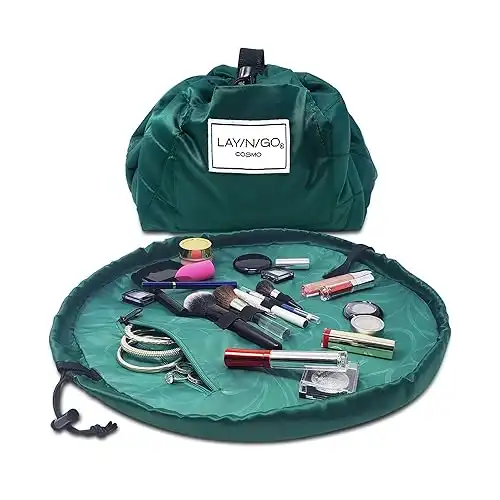
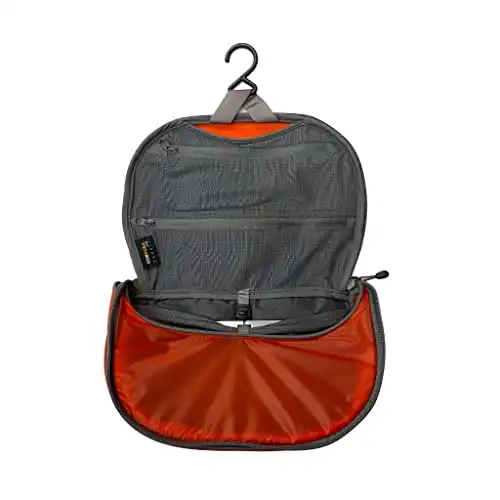

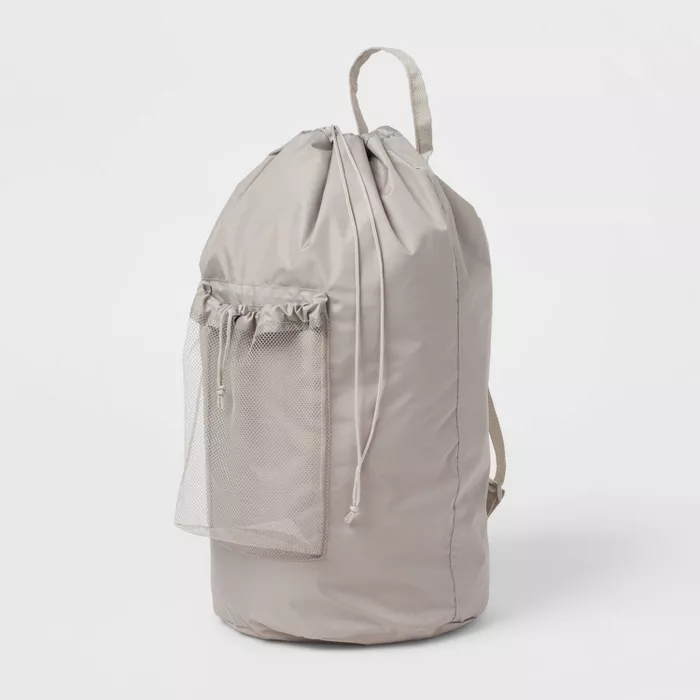
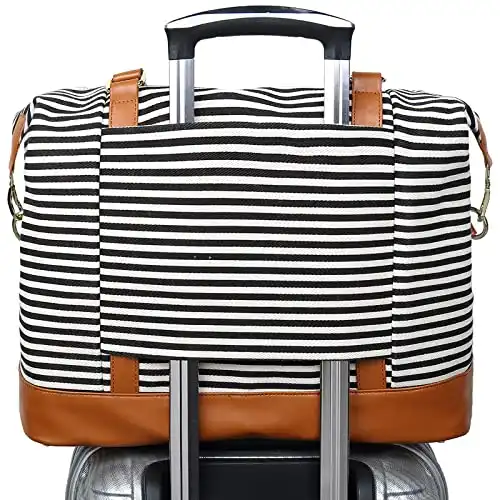
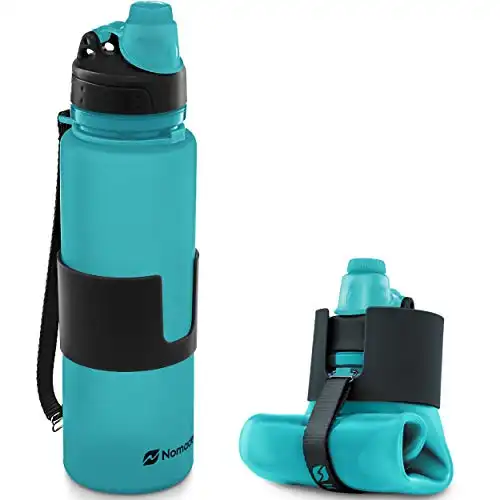

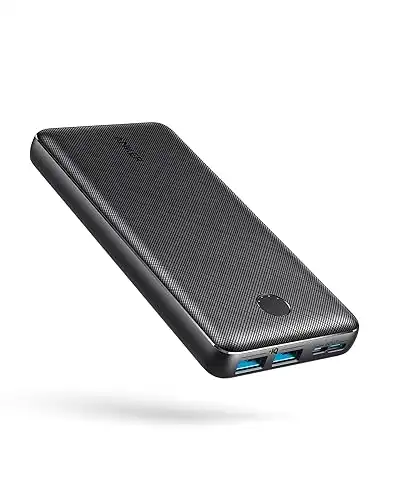



Leave a Reply